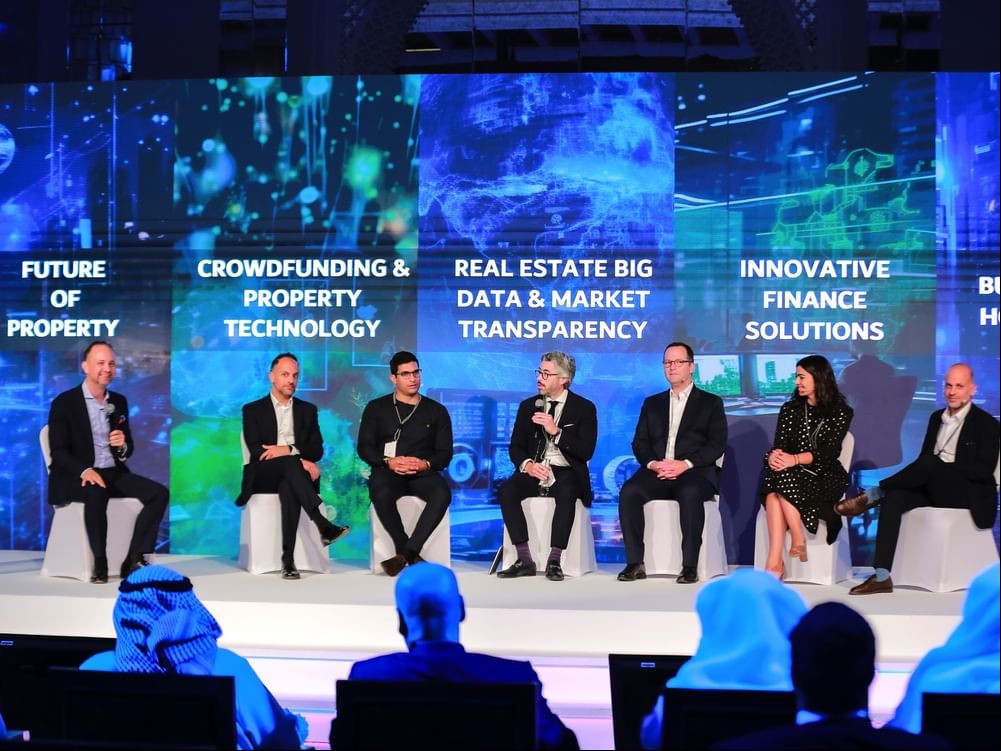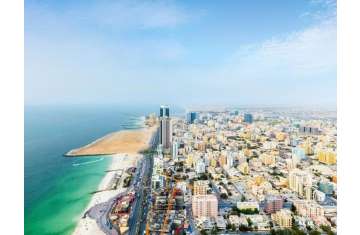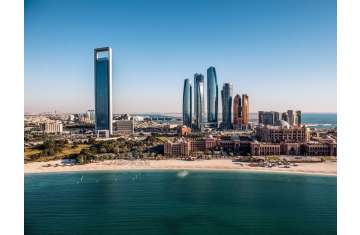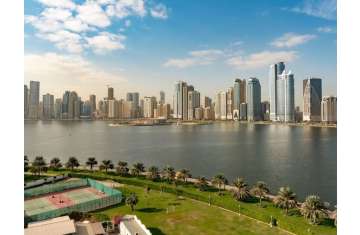Urgent
dnata launches 3 major infrastructure projects worth $110 million
 Ajman real estate transactions reach AED2.06 billion in March 2025
Ajman real estate transactions reach AED2.06 billion in March 2025
 Dubai International Airport retains top spot in international passenger traffic
Dubai International Airport retains top spot in international passenger traffic
 Etihad welcomes its latest A350
Etihad welcomes its latest A350
 Britain extends ban on personal meat imports to protect farmers from foot and mouth disease
Britain extends ban on personal meat imports to protect farmers from foot and mouth disease
 Observations of an Expat: It’s War
Observations of an Expat: It’s War
 Airport Security Middle East to kick off in May in Dubai
Airport Security Middle East to kick off in May in Dubai
 Arab Parliament Speaker urges clear, strong stance on Gaza genocide
Arab Parliament Speaker urges clear, strong stance on Gaza genocide

 Ajman real estate transactions reach AED2.06 billion in March 2025
Ajman real estate transactions reach AED2.06 billion in March 2025
 Dubai International Airport retains top spot in international passenger traffic
Dubai International Airport retains top spot in international passenger traffic
 Etihad welcomes its latest A350
Etihad welcomes its latest A350
 Britain extends ban on personal meat imports to protect farmers from foot and mouth disease
Britain extends ban on personal meat imports to protect farmers from foot and mouth disease
 Observations of an Expat: It’s War
Observations of an Expat: It’s War
 Airport Security Middle East to kick off in May in Dubai
Airport Security Middle East to kick off in May in Dubai
 Arab Parliament Speaker urges clear, strong stance on Gaza genocide
Arab Parliament Speaker urges clear, strong stance on Gaza genocide











Comments